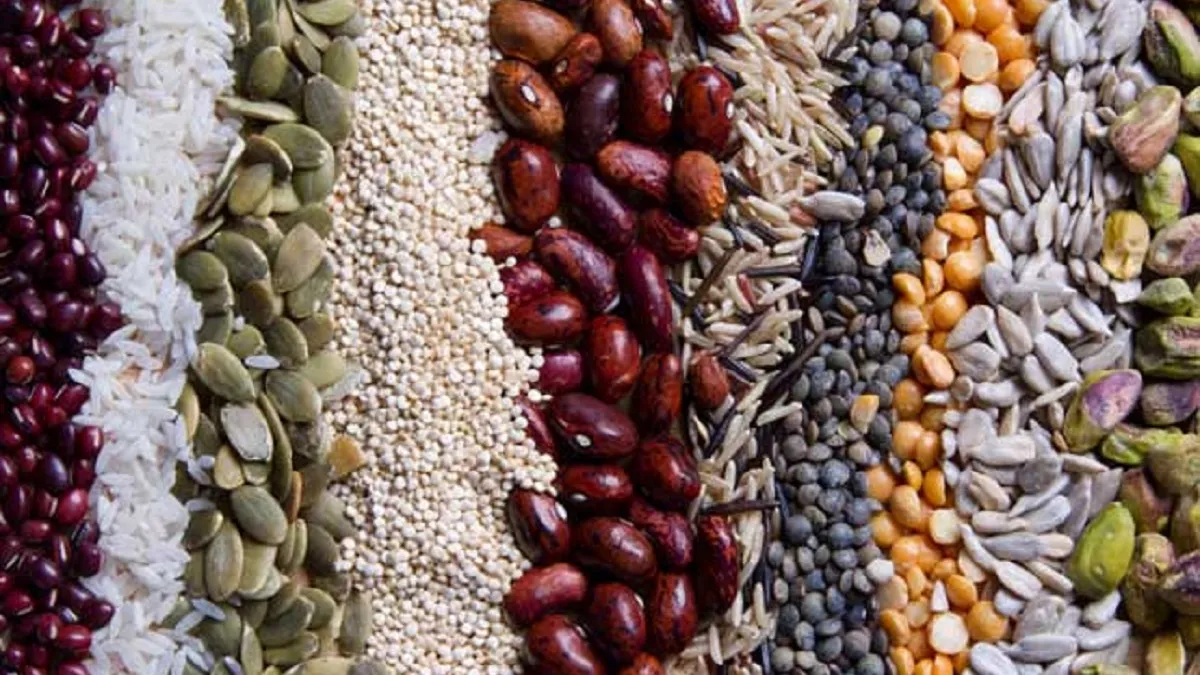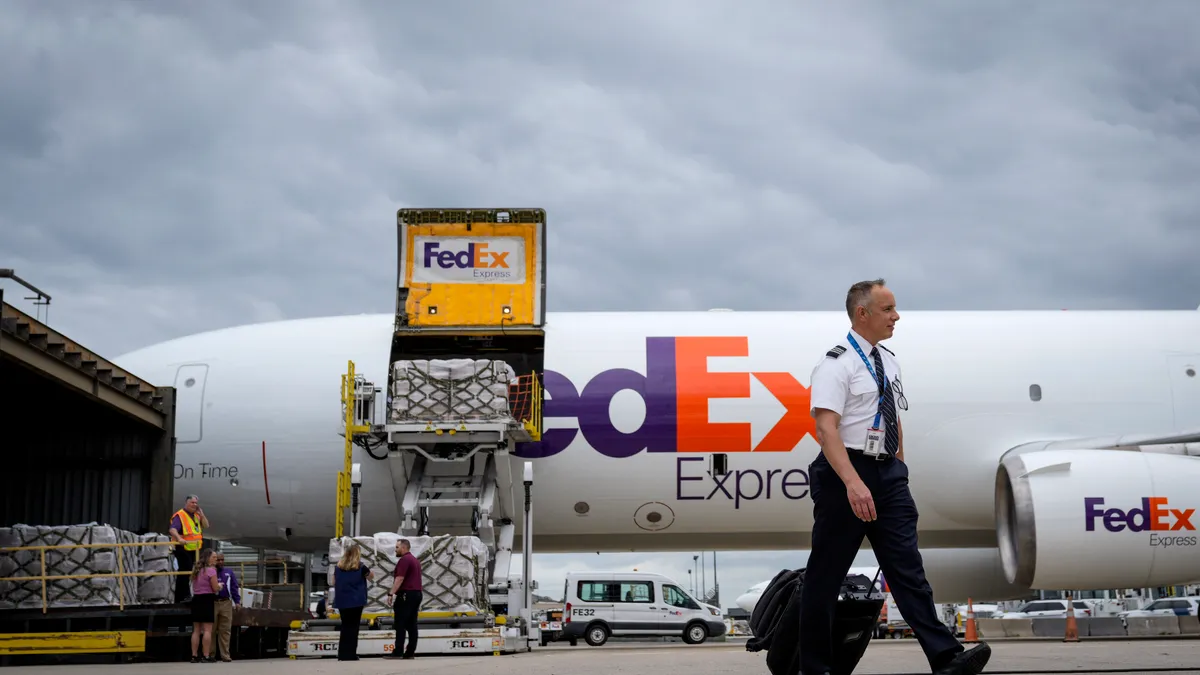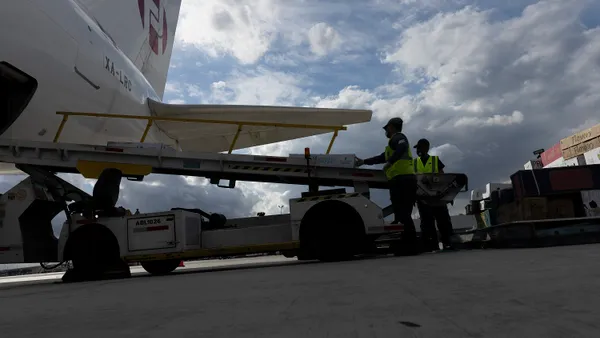Dive Brief:
- The large number of small contributors in China's food sector often creates chaos in the agricultural supply chain, making oversight a challenge and multiplying compliance issues for multinationals within the food and beverage industry, China Business Review reported Monday.
- A recent U.S.-China Business Council report reveals Chinese suppliers are more likely to comply when U.S. companies emphasize transparency, enforcement, innovation and collaboration to improve food safety throughout the supply chain.
- A few examples include U.S. companies working to train Chinese logistics operators on cold transport processes, educating farmers on pesticide packaging disposal, or helping suppliers establish x-ray or other technology to inspect food products.
Dive Insight:
The food supply chain is global: as of 2013, 285,977 foreign facilities were registered with the Food and Drug Administration (FDA); and food imports reached $119 billion in 2014, with China accounting for $5.7 billion worth of those imports (the third largest supplier behind Canada and Mexico).
Meanwhile, federal law states food importers, not the FDA, is responsible for "ensuring that the products are safe, sanitary, and labeled according to U.S. requirements." The FDA may, however, inspect shipments and foreign facilities for safety standards compliance, so long as they are registered.
Unfortunately, a recent CNN article revealed the FDA is severely understaffed in this respect, forcing consumers to rely on individual companies to enforce safety standards throughout their supply chains. Collaboration between buyer and supplier to ensure safety throughout the supply chain is therefore necessary to instill a culture of compliance in China and other foreign countries.
Yet FDA compliance is an ongoing challenge, not only in China, but also within the U.S.
The Food Safety Modernization Act (FSMA), which was was passed to improve the American food supply chain's safety, requires food manufacturers to develop safety plans. As compliance deadlines enter into effect, manufacturers would do well to compare and communicate safety plans with suppliers to improve safety. A strong and transparent food chain is a vital part of health protection for any country.














